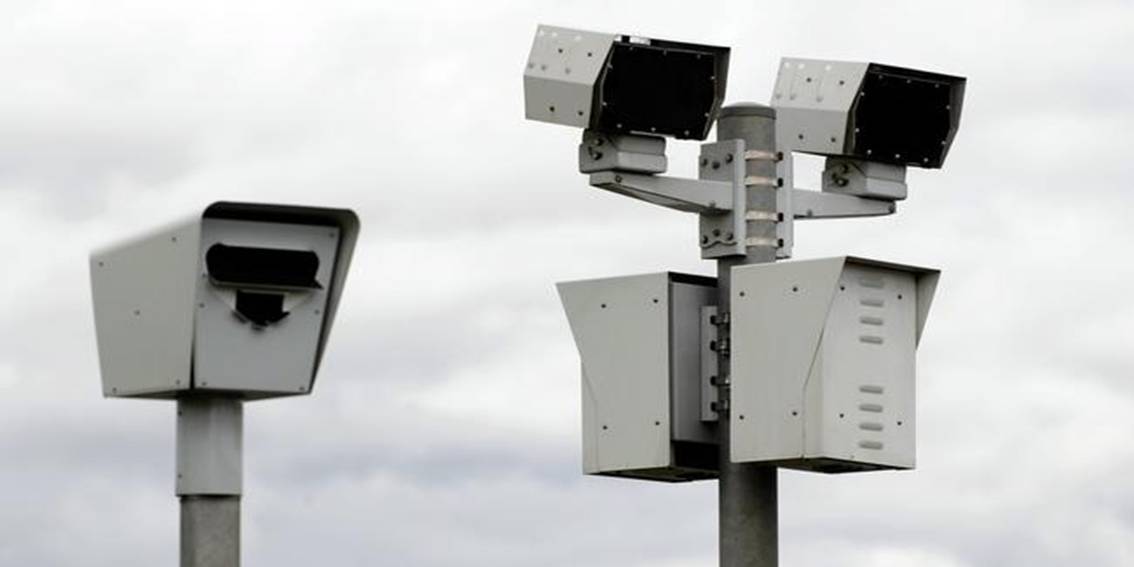Digital Innovation and Modern Governance
Digital ID’s “e-signatures”: Cyprus is rapidly adopting technology across various sectors. The rise of digital IDs and e-signatures marks a significant shift. These digital solutions improve efficiency, security, and convenience for businesses, governments, and citizens. E-signatures allow individuals and organizations to authenticate documents electronically. This eliminates the need for physical signatures. Cyprus’s embrace of this technology reflects its commitment to digital innovation and modern governance.
What is an E-signature?
Digital ID’s “e-signatures”: An e-signature, or electronic signature, is the digital version of a handwritten signature. It provides legal consent for electronic documents or transactions. E-signatures ensure the signer’s identity and the document’s integrity. In Cyprus, e-signatures have the same legal standing as handwritten signatures. This is due to the EU’s eIDAS regulation (electronic Identification, Authentication, and trust Services).

E-signatures come in three forms
Simple e-signatures: These may include a typed name.
Advanced e-signatures: These use encryption to verify the signer’s identity.
Qualified e-signatures: These are the most secure. They use digital certificates from a qualified trust service provider (QTSP).
Who Can Use E-signatures in Cyprus?
E-signatures benefit individuals, businesses, and government entities. Here’s how different groups use them:
1. Private Citizens
E-signatures make life easier for ordinary citizens. They can sign rental agreements, contracts, or legal forms from anywhere. Citizens can apply for insurance, loans, or utilities without visiting offices or mailing documents. This is especially helpful for people in rural areas or with limited mobility. All they need is a digital device, internet access, and an identification method like an eID or one-time passcode.
2. Businesses
Businesses in Cyprus use e-signatures to finalize deals, approve documents, and manage contracts. This reduces paperwork and saves time. Companies no longer need to print, scan, or mail documents. E-signatures also streamline hiring. Employers can send job offers, sign contracts, and onboard employees remotely. This is ideal for remote work and cross-border employment.
Financial institutions, like banks and insurance companies, use e-signatures for loans and customer updates. E-signatures build trust by ensuring secure, transparent, and legally binding transactions.
3. Government and Public Sector Entities
The Cypriot government uses e-signatures as part of its digital transformation. Officials can authenticate documents, sign policies, and engage in cross-border agreements without being physically present. This reduces bureaucratic delays and improves service delivery.
Platforms like the Cyprus Government Gateway Portal (Ariadne) offer e-services with e-signatures. These include tax filings and licensing applications. Citizens no longer need to visit offices for tasks like renewing licenses. E-signatures make government services more accessible and transparent.
4. Legal Professionals and Courts
E-signatures streamline legal processes in Cyprus. Lawyers and courts use them to authenticate documents and contracts. Lawyers can submit case files or legal opinions electronically. This reduces the need for face-to-face meetings or courier services.
Cypriot courts are adopting digital transformation. Legal professionals can submit signed documents electronically. This reduces court backlogs and speeds up case processing. E-signatures ensure digital documents hold the same legal weight as handwritten ones.
Advantages of E-signatures in Cyprus
E-signatures offer many benefits, driving their adoption in Cyprus:
Speed and Efficiency: E-signatures eliminate delays caused by physical signatures.
Cost Reduction: Businesses and governments save on printing, mailing, and courier costs.
Security and Trust: Encryption and audit trails ensure document integrity and verify signers’ identities.
Environmental Impact: Less paper usage supports sustainability efforts.
Legal Validity: E-signatures have the same legal standing as handwritten signatures under eIDAS.
Conclusion
E-signatures have transformed how Cyprus conducts transactions. They improve efficiency, security, and convenience for citizens, businesses, and governments. Whether for private contracts, business deals, or government transactions, e-signatures are becoming essential. With clear legal backing and user-friendly platforms, e-signatures are shaping a more digital and connected Cyprus.
You May Also Like This
Time to Apply for you Electronic ID: https://anatolikilemesou.com/?p=5326
Electronic ID’s in Cyprus: http://csca.crmd.moi.gov.cy/eIDCard




